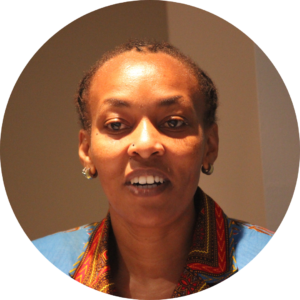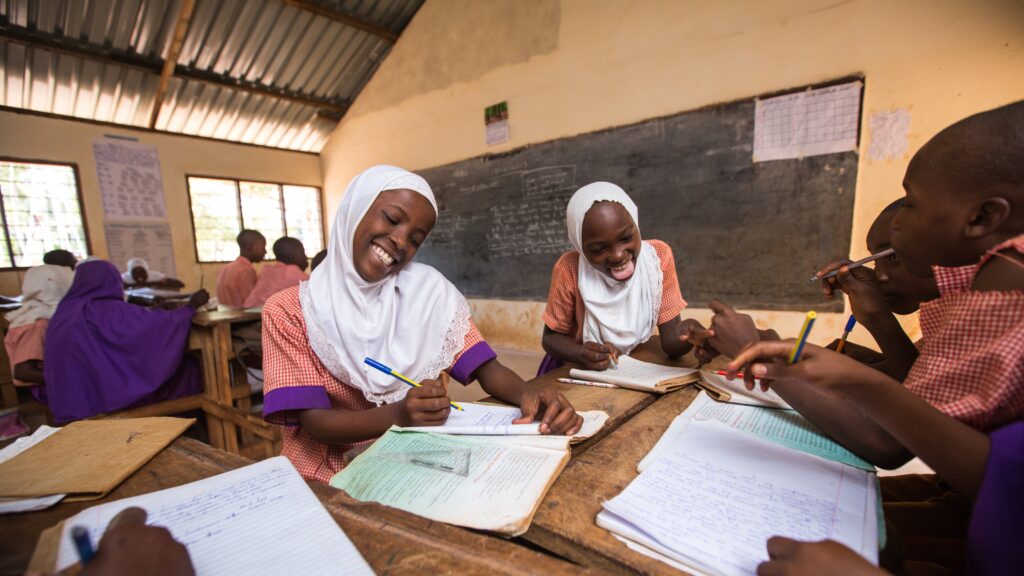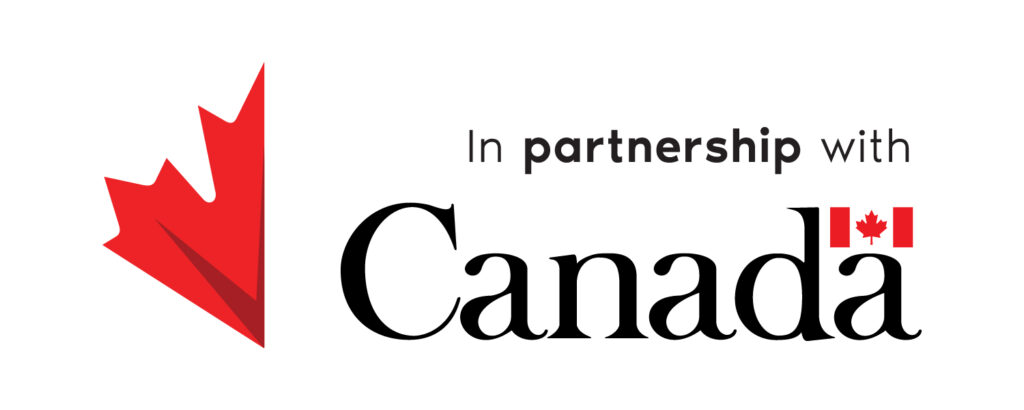 At Aga Khan Foundation (AKF), gender advisors like Nyambura Gathumbi are essential to ensuring that gender equality is a core component of programming and organizational culture.
At Aga Khan Foundation (AKF), gender advisors like Nyambura Gathumbi are essential to ensuring that gender equality is a core component of programming and organizational culture.
We sat down to learn more about her work at AKF, what inspired her, and her hopes for the future of gender equality work.
What do you do at AKF?
I’ve been working as a Regional Gender Advisor since November 2020. I’m based in East Africa, and my office is in Nairobi. I support gender equality, integration, and mainstreaming across all the programs in East Africa. Primarily, I support the Foundations for Education and Empowerment program, which primarily works in two sectors – education, where I support gender-responsive programs for education stakeholders and schools, and advancing gender equality through civil society, where I focus on providing financial and technical support to women and gender equality organizations for gender-transformative programming. F4EE is active in Kenya, Tanzania, Uganda, Madagascar, and Mozambique.
I also support institutional strengthening of gender equality, helping the organization implement gender equality policies, supporting program design, ensuring that safeguarding is conducted, and doing gender analysis.
Where in the world have you worked?
Before I joined AKF, I worked as a regional program manager and worked in eastern and southern Africa – Kenya, Uganda, Tanzania, Zimbabwe, Zambia, Mozambique, and Malawi. I’ve also worked in parts of West Africa, so Mali, Niger, Nigeria. But I’ve always been based in Kenya and traveling to those countries for work.
What started your passion for gender equality? How did you get started in this field?
I started when I was still in college – I started because of the launch of the 16 Days of Activism in Kenya, which I think happened in 1998. A lot of women and girls became involved in the campaign, which is how I got involved in gender issues. When I finished college, I got together with a group of young women who wanted to do work on sexual and reproductive health and rights. We used to organize groups of women and girls in the community and have discussions and share information.
We linked up with some local organizations that were doing that kind of work or support, and they gave us training and materials to work with. We would talk about going to school, and issues that affected their participation in school, like menstruation – and from there, I never looked back. I’ve always been in spaces where we were discussing gender and women’s rights, so that’s how my passion grew from that kind of activism.
How would you explain gender equality?
For me, the concept is very simple. It’s about looking at the barriers that prevent women and girls from enjoying their rights and living their lives fully, like how men and boys do. Some issues make it difficult for women to access opportunities, to have resources, to have information that they need to make decisions about their lives. These are some things that constitute discussions around gender equality. So, when people understand these barriers and are willing to do something about it to make the situation easier for women, then that’s a conversation on gender equality.

What gender equality project are you most proud of?
I’m most proud of the ones that have transformed the lives of women. For example, I worked as a mentor with a young women’s institution in Kenya that trained girls on leadership and skills development. As a mentor, it involved creating time to spend with the girls to talk with them about their dreams and aspirations to build their confidence so that they would be able to step up and take on leadership positions.
One of the programs I worked for had a very comprehensive approach, where they took in girls from underprivileged backgrounds and provided them with scholarships to go to high school and university. And while they were in school, they came up with mentorship programs to ensure that the girls went through school and were attached to institutions where they could make a difference. I thought this was very transformative and impactful in creating visionary young women leaders in Kenya.
What advice would you have for people who want to do gender equality work?
I would tell them that there’s a lot of demand for their energy, their passion, their dreams because gender inequality is all over us. I always tell people that gender inequality is something we experience every day of our lives because of the nature of society. Every day, something is going to happen to a girl or a woman that is not fair and not right. So, for people interested in making a difference – your energy is needed, your vision is needed, your time is needed to talk to people, support women, to help them get out of abusive and all other kinds of situations.
It’s also important to reach out to your colleagues and others who are working on gender equality and listen to the voices of others.
What is the biggest challenge that gender equality professionals will see in the next five to ten years?
Some challenges we’ve always had, like lack of resources, patriarchy – a lot of people still struggle to talk about what women mean when we talk about gender equality and refuse to see injustice for what it is. And now, with these dynamics happening around the world, like the challenges around COVID-19, climate change, and their effects on communities and families, the inequality gap is widening. And when we talk about inequality, we know that women are at the very bottom of this cycle. The little funding for gender equality work has also been diverted to emergency response, like COVID-19 and climate change adaptation.
These global challenges are impacting women at a very local level, and a lot of people don’t realize that. We will have to do a lot of analyses, communication, and advocacy, to make sure that women’s issues are considered in upcoming frameworks to respond to these challenges. We have to make sure their voices are included and that available resources will impact women at the local level.
What is your ultimate hope for the future?
My ultimate hope for the future is that we can transform the way we think, change our mindset around women, around girls, around gender issues. I think it becomes a bit tiring after all these years of advocacy and campaigning and trying to get communities and decision-makers to see the issues as they are – it’s kind of disheartening to see that we’re still here.
For example, some of the issues we see, like abuse towards women, emotional abuse, it’s all happening and getting worse. And the question is – why it is happening? We have always been talking about these issues. So, I think we really need to transform the way we look at issues, the way we communicate, so that everybody can speak clearly, and relate to these issues that are happening to women to lack of societal value and consciousness around justice and rights.
This interview has been edited and condensed for clarity.
Read more
|

